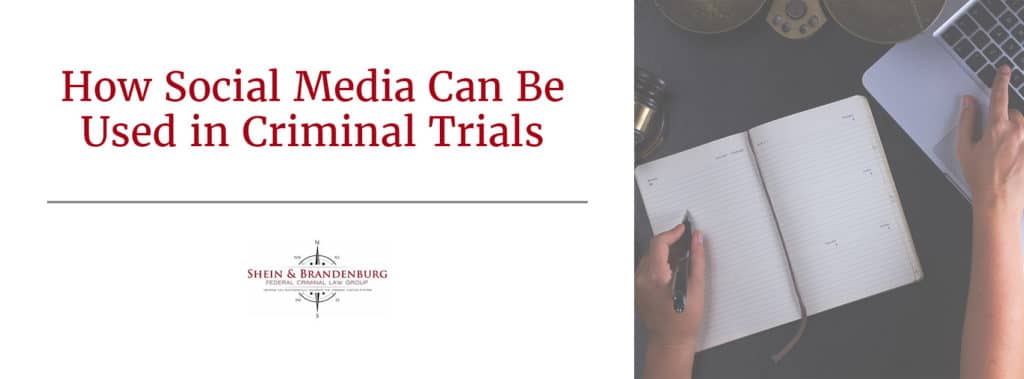In 2017, data gleaned from an Alexa played a pivotal role in a murder trial. As a result of this case and other developments in technology, social media is having an increasingly powerful influence on how federal criminal cases are prosecuted. This application extends well beyond anything that is shared in the public domain being available to be used as evidence. The best way to approach the use of social media is to appreciate that anything done in a public forum exists as a record and can be used as evidence. As a result, this article will review some of the important ways in which social media can influence a court case. The use of social media is made even more complicated because a person who deactivates an account or deletes content after being charged is at additional risk of facing charges related to destruction of evidence. As a result, in trials involving social media, it is often critical to obtain the assistance of knowledgeable legal counsel.
Confidentiality on Social Media Forums
The Stored Communications Act states that an entity providing electronic communication services to the public is not able to share to any person information about the communication even if this data is stored by that service. Currently, one of the few exceptions that exist to this law is if law enforcement has a need to obtain this information due to public emergencies.
Using Social Media as Evidence
Parties also face difficulties when attempting to authenticate social media in a court of law so that the data can be recognized as evidence. If the creator of the data is not available, in many cases another person must testify that he or she knows the creator, that the data presented as evidence reflects what was presented on social media, and that only the creator would know the posted content.
Other Considerations About Social Media in Criminal Trials
Some of the various other considerations that exist in how information gleaned from social media is treated in criminal cases include the following:
- Prosecution can use social media depicting criminal acts to serve as evidence.
- Documentation of gang or organized crime-related activity on social media can be used to establish conspiracy or group crime charges.
- Social media depicting a person can be used to corroborate information.
- Evidence of improper sexual activity conducted on social media can be used to establish that a person committed one of a variety of sexual crimes.
- Law enforcement is able to survey social media activity without obtaining warrants.
Obtain the Services of a Federal Criminal Law Attorney
If social media plays a role in your federal case, it is critical that you speak with a seasoned criminal defense attorney who understands how this data could influence your case. The legal counsel at the Federal Criminal Law Center has a successful track record of creating strong defenses to criminal cases. Speak with an attorney at our firm today to make sure that your case resolves in the best possible manner.


